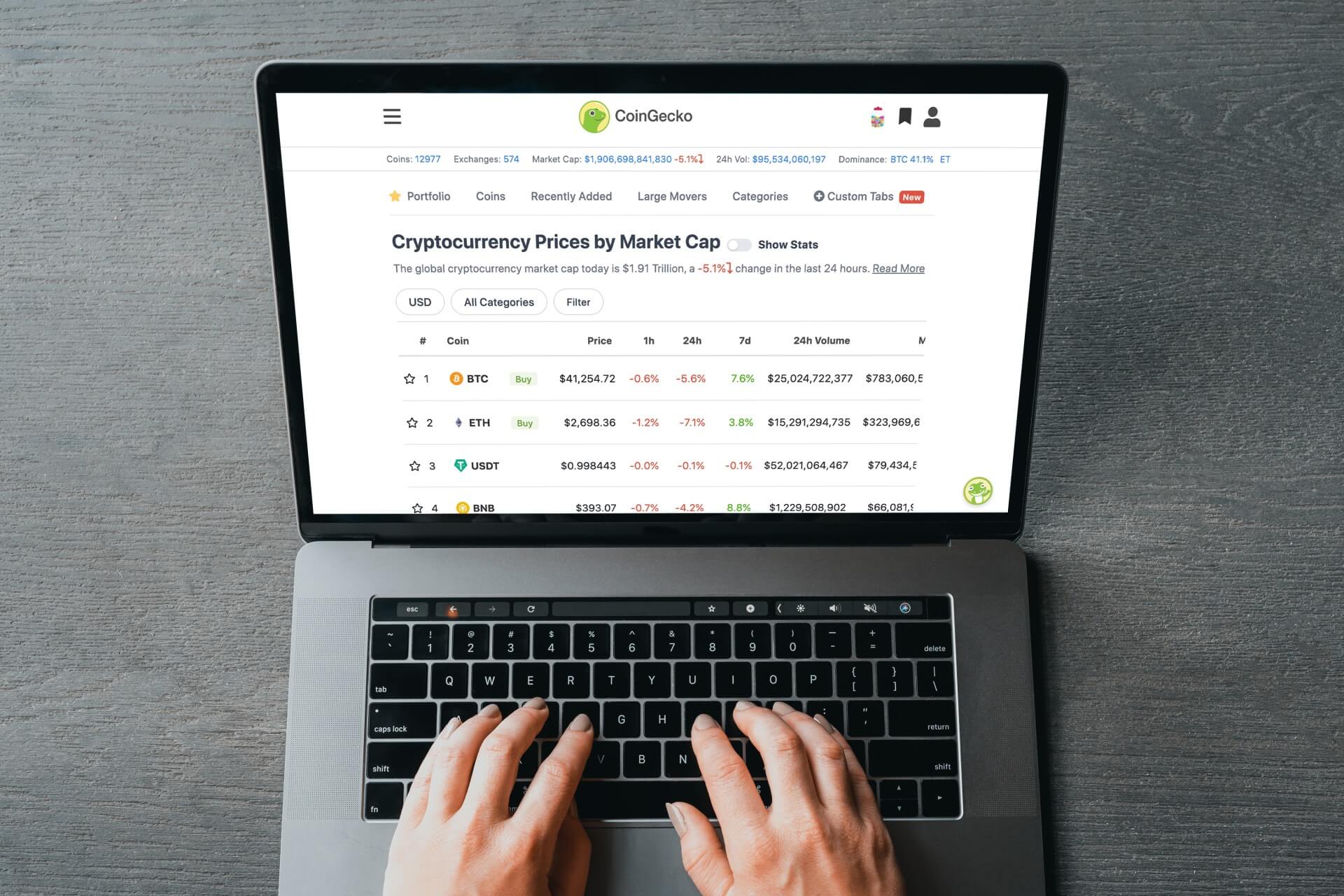The relationship between cryptocurrency and regulation is a turbulent one. Although some nations have adopted a far more open approach to cryptocurrency projects operating within their borders, some have opted for a much different and significantly harsher approach.
In some countries, cryptocurrencies are entirely outlawed. In other countries, you can use Bitcoin as a legal tender or use it in a digital casino. Bitcoin slots are one of the latest innovations in a field, which continues to evolve at a lightning-fast pace. With the rise of cryptocurrency, many online iGaming platforms allow automated payments powered by smart contracts.
Today, we will be straying our attention away from Bitcoin and focusing on a lesser-known entity called XRP.
It isn’t an unknown entity for the legion of followers who believe XRP will be worth hundreds of dollars from its current price of $0.40. However, many people who have a casual interest in cryptocurrency may be unaware of how it operates.
What Is XRP?
XRP is a digital asset and cryptocurrency created by Ripple Labs, one of the USA’s most profitable and prominent tech companies. It is used to facilitate cross-border payments and transactions on the Ripple network.
XRP is the native currency of the Ripple network, and its purpose is to act as a bridge between different currencies, allowing for faster and cheaper transfers than traditional methods.
Ultimately, this cryptocurrency aims to become the number one platform to facilitate international payments. Traders can exchange XRP for other currencies, send it to other users or use it in payment processing systems. It also acts as a store of value, making it a popular choice for investors looking to diversify their portfolios.
Back in 2018, it was the second-largest cryptocurrency by market capitalization. Then, the SEC (Securities & Exchange Commission) announced its lawsuit at the end of 2020.
US exchanges removed the cryptocurrency from all US exchanges, and the price plummeted. Despite occasional rallies due to whispers about the court case being resolved, it is still ongoing and struggling compared to other cryptocurrencies.
Why Have The SEC Lodged A Case Against Ripple?
The SEC has stated that Ripple has been selling unregistered securities in the form of its cryptocurrency, XRP. The main accusation is that Ripple and its executives Brad Garlinghouse & Chris Larsen illegally sold XRP to investors without first registering it as a security.
Everything else has taken place in court, and with multiple people in the industry having wildly differing opinions on the outcome, it is a landmark event in the history of digital assets. Ultimately, the best-case scenario could see XRP gain clarity that no other digital asset has. If the case were to settle, the price predictions would range from anywhere between $2 to $11.
These are the most rational predictions; you can use social media to find people who believe XRP will be worth over $589 one day. However, understanding the basics of cryptocurrency is always a good place to start before investing. Deranged price predictions devalue the industry as a whole as it tries to earn respect alongside more traditional investment markets.
Will They Win the Case?
Due to the size of Ripple, they have been able to afford one of the best legal teams in the world. Initial judgements from the court case have seemed to strongly favour Ripple in its quest to gain this legal clarity. Last year, Brad Garlinghouse stated that he was confident the SEC would settle the lawsuit within the first six months of 2023, and it would be in their favour.
However, the US justice system can be a mysterious place to host such a global legal battle. Some cases the SEC have lodged have gone on for years before obtaining clarity. That being said, the overall sentiment is optimistic, and if the matter can settle amid a firm Bitcoin price, we could see XRP explode in value.
If they lose the case, it could spell a severe disaster for Ripple and the broader cryptocurrency market. While regulation could send the price to highs we have never witnessed before, the SEC could also put a big nail in the coffin.
The early signs look good for XRP, with many investors and analysts believing they will come out of the case with clarity. One of the big positives for XRP investors is that the SEC hasn’t gone after a smallcap memecoin. Instead, they have gone after a multi-billion dollar company with the considerable means to battle the case in court with a world-class legal team.
Conclusion
However, even if the case goes in Ripple’s favour, other overarching legislation may be brought in, which could still stifle the overall market.
When effectively implemented, regulation in any market is a good sign and can signal large institutions to enter en masse if they have regulatory clarity.
At the end of the day, there are still a few months left of this court case, and there will likely be many twists and turns before the outcome is reached.





